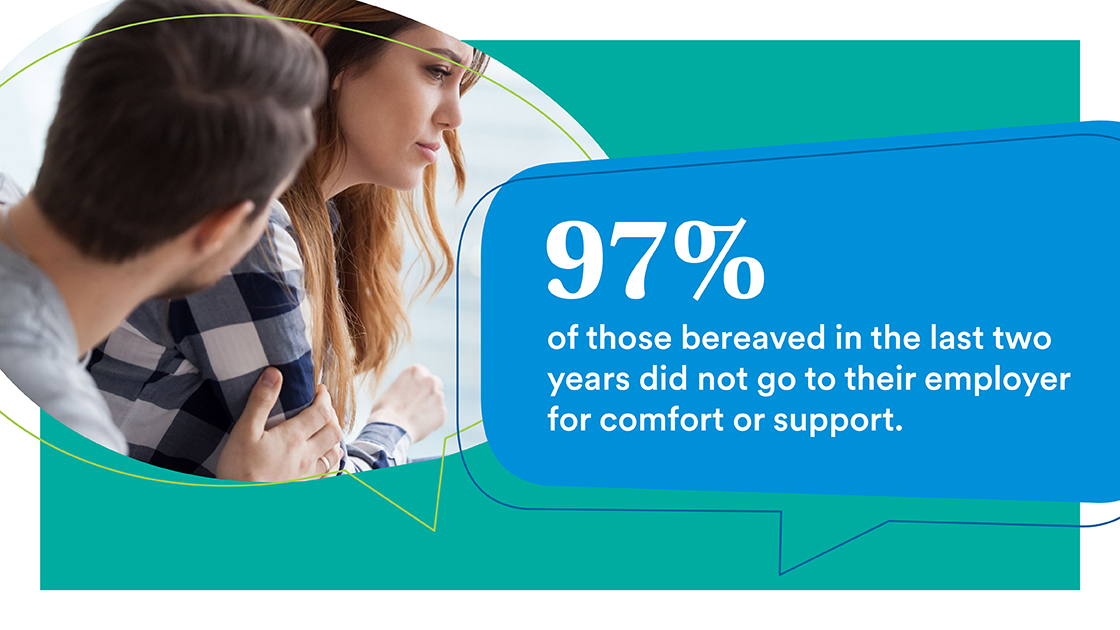The Last Word: What’s stopping us from talking about our final wishes?
Our latest independent research provides valuable insight and learnings on our behaviours, needs and expectations when it comes to death and funeral planning.
While the one thing we can be certain of in life is death, why is discussing it such a taboo topic?
Our exclusive research helps us both understand the range of challenges bereavement poses today - and how we can take action to make a real change.
No age group is exempt from experiencing death, with 1 in 3 (36%) of UK adults having lost someone in the last 2 years. Yet we often spend more time protecting replaceable items such as our phones and cars for events that might never happen. Have we got our priorities wrong not then preparing for what we all know is a certainty?
A legacy of love
And who is it that we should have these conversations with and how? Will it make a difference? The insights uncovered highlight that by opening up on this difficult subject, employers can make a significant difference to those left behind.
We're here to support you
Having earlier conversations – and planning – has a big impact on those left behind. That’s why it’s so vital to begin the conversation now.
Chapter 1
Deathly Silence - What's stopping us talking about our wishes?
In chapter 1, discover the stresses and strains we leave on our loved ones, where we need the most help in funeral planning, and what our role, as employers, is in this conversation.
Chapter 2
Lightening Loss – How can we better support the bereaved?
Understand how families are financially exposed through lack of planning, why people are left to make planning decisions without adequate knowledge and the areas of support that would make the greatest difference.
Chapter 3
A Proper Send-Off: Doing more to support employees at a time of loss
In chapter 3, we explore the practical ways employers can be supportive, how employees aren’t aware of support, and the role benefits can provide in softening the financial and wider burdens employees suffer following death.

